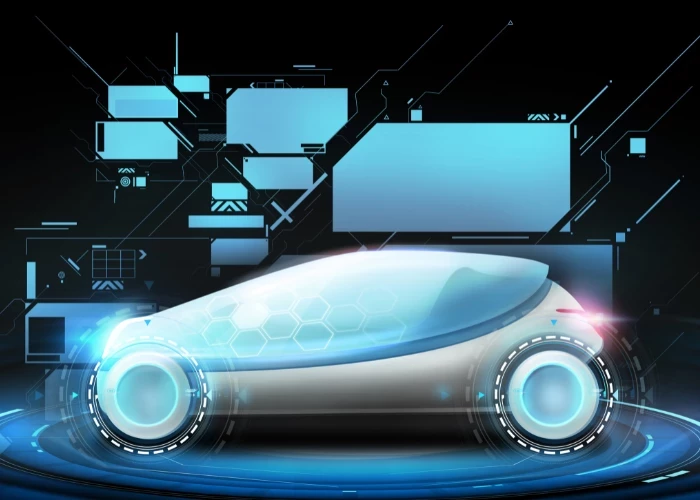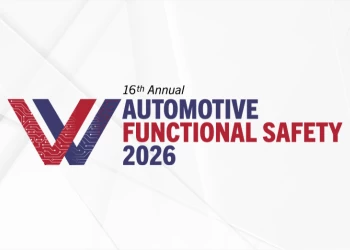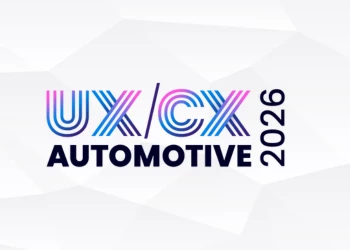VW Scandal Threatens to Kill Off US Diesel Market
Add bookmarkThe VW Diesel emissions scandal has dominated auto news over recent weeks, the consequences of which are still unfolding on a daily basis. While VW are embroiled in an immediate furore over the recall and modification of millions of vehicles, there may well be far-reaching ramifications for the industry as a whole – particularly in the US market where VW had led the return and growing reputation of ‘clean diesel’ passenger cars. All of that good work is under threat of being completely undone, and this scandal might just have tarnished the name of diesel enough in the US to signal its death knell.
America’s Thorny Relationship with Diesel
While diesel passenger cars are commonplace in Europe, the US market has never really taken to diesel for a number of reasons. Many Americans remember GM’s failed Oldsmobile engine of the early 1980’s which spawned the reputation of diesel cars being noisy, dirty and foul-smelling. As emission standards were increased over the years the market collapsed and by 2007 sales of light-duty diesel vehicles in the US had fallen to below 20,000.
Over the same period in Europe there was huge investment from both OEM’s and governments to develop diesel as a ‘greener’ alternative to petrol, as it produces less CO2; and subsidies in road tax, fuel prices and vehicle purchase prices made it an attractive option for consumers. There was no such development in the US where investment was steered much more towards electric and hybrid vehicles, and diesels were generally more expensive in terms of purchase price and fuel costs, making them unattractive despite the additional torque diesel engines could deliver.
VW in particular had led an assault on the poor reputation of diesel in the US, promising ‘clean diesel’ vehicles with better fuel economy, less emissions, and excellent performance. It is true that diesel engine technology had developed beyond recognition since the 1980’s and the American market was beginning to warm to the idea again. According to the diesel technology Forum only 13% of consumers looking for a new car would consider diesel in 2006, a figure which had risen to 40% by 2015.
In 2013 VW was responsible for 70% of sales in the ‘clean diesel’ market, and its name has become synonymous with diesel in the US. The news that emissions from certain engines are nowhere near acceptable standards may cause irreparable damage to the industry, even if other diesel engines are within the regulations.
EPA to Probe other Diesel Vehicles
The US Environment Protection Agency has already stated its intention to extend its probe further to other manufacturers, saying it will also scrutinise more than two dozen models from BMW, Chrysler, General Motors, Land Rover and Mercedes-Benz. There is no accusation that these companies were using ‘cheat’ devices such as those discovered in VW’s, but it is a sign of the suspicion this scandal has caused in the US. The EPA will initially test one used vehicle of each model, and subsequently widen the probe if it uncovers anything potentially untoward.
Industry Predicts Tough Times
Currently diesels only account for around 3% of the US market, but it was earmarked by VW and many others as a key area of growth, with industry analysts predicting 7.5% penetration in the future. Many analysts have changed tune considerably with some arguing this will effectively end America’s brief flirtation with diesel for the second – and last – time. Sales of light-duty diesel vehicles in the US had risen to 163,200 last year according to AutoPacific Inc., but a downward turn is inevitable after the reputational damage, and unlike in Europe, there is very little to encourage US consumers to opt for a diesel car.
Effect on Testing and the European Market
With over half the vehicles on the road in Europe of the diesel variety, there is clearly a much wider issue for European OEM’s. Let’s not forget that the vast majority of diesel engines on the road do meet current emission targets, but this issue has been regarded as a ticking time bomb by some analysts for quite some time. The EU is set to introduce new on-road testing methods in 2017, which will evaluate ‘real-world’ performance as well as laboratory performance. It has been known for some time that there are significant discrepancies between the two, and the impact that the new testing regime will have is not easy to predict.
Diesel has been so well supported by government and industry in the EU, and manufacturers were actively encouraged by government to invest in and develop diesel engines to meet environmental targets. The notion that these engines are producing unacceptably high levels of NOx, and contributing significantly to air pollution is not a comfortable one.
The signs are there however, and the European Environment Agency estimates that 20-30% of urban residents in Europe are exposed to particle levels – mainly from diesel exhaust fumes – above those considered acceptable by the European Union. In addition approximately 10% are exposed to unsafe levels of nitrogen oxides. Indeed, the smog levels were so bad in Paris in March 2015 that authorities had to temporarily limit the number of cars on the road each day.
Those are sobering figures and the onus is now on the European automotive industry to prove that it can produce diesel engines that can meet emission reduction targets from 2017 – not just in the mid-range and premium sections where higher price points allow the use of expensive particulate and catalytic reduction systems – but also in mass production ‘affordable’ vehicles. It may be too little too late for the US market, with quotes from the heads of Tesla and Renault-Nissan neatly summing up business and political attitudes on either side of the pond.
Carlos Ghosn, Chief of Renault-Nissan is reported by the Financial Times to have said in a letter to the EU’s competitiveness council, "All manufacturers have heavily invested in innovation, developing advanced diesel technology which consumes less fuel, thus reducing CO2 emissions." He added that, "we should avoid measures which could undermine the competitiveness of our sector which accounts for 12.1m jobs in Europe."
Meanwhile, Tesla Motors CEO Elon Musk, told reporters, "What Volkswagen is really showing is that we've reached the limit of what's possible with diesel and gasoline. The time I think has come to move to a new generation of technology".


















